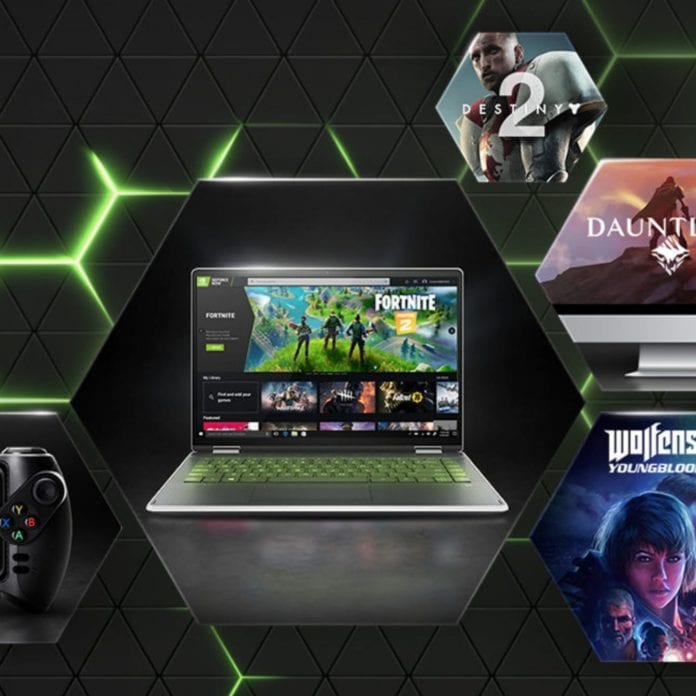Nvidia: “There is room in the cloud gaming market for GeForce Now to co-exist with Microsoft and Google’s platforms”
Chipmaker Nvidia was the first to announce that is was testing a cloud gaming service in January 2018, ahead of both Microsoft and Google. That announcement, however, was then followed by a relatively long beta phase, in which Google managed to release its service, Google Stadia.
But now, gamers finally have access to the chipmaker’s GeForce Now—which features a Nvidia chip, of course—with a more affordable price tag than its competitors. The service has a free tier that allows a player to game for one hour at a time and a $4.99 monthly subscription with a promotional 90-day free trial.
Comparatively, Google’s platform and Sony’s PlayStation Now both cost $9.99 a month and require the purchase of extra hardware. Nvidia’s cloud service doesn’t actually come with any games, however. Instead, a user can launch any free to play games, like many popular online games, but for paid games, the user still pays the price of the game.
Nvidia simply allows users who lack the necessary hardware—a.k.a. a gaming PC—to play a game they previously could not. Or in other words, a user is essentially renting a gaming PC in a data center near them.
And this point is critical because it is what makes it so different from the platforms being released by Google and Microsoft. Nvidia isn’t actually directly competing with the tech giants, whose offerings require the user to own a computer with specs capable of running the games; the chipmaker is providing a complimentary or alternative experience.
In fact, the company has stated that it believes there is room in the cloud gaming market for GeForce Now to co-exist with other existing and potential offerings.
What Nvidia is offering is much less of a commitment for consumers and brings the activity of gaming to those traditionally left out.
According Patrick Moorhead, president and principal analyst at Moor Insights & Strategy, this system is not meant to replace “that big honking gaming computer” that a user might have because you don’t even need one.
“It’s for people who either can’t run the games, let’s say if you have a Mac or if you’re kind of in between and you don’t feel like buying a new [computer],” said Patrick Moorhead, president and principal analyst at Moor Insights & Strategy.
Phil Eisler, from GeForce Now, said that of the 300,000 users who tested the service, 80% of the time, they were playing on a machine that couldn’t otherwise play that game.
Eisler also said the company is enabling new people to take up gaming. “[Building a PC] is challenging and expensive and they just want to play games,” he said.
GeForce Now supports cloud gaming on Mac, PC, TV, mobile and Chromebook, and tested performed by CNN Business showed that, while like other cloud gaming services, its effectiveness relies on how strong the Wi-Fi connection is, the service works well and eliminates the need to download a game onto a user’s hardware.
Cloud-based gaming is expected to generate a great deal of profit and impact across a number of areas including cloud computing, 5G and other components of wireless networks and infrastructures.

